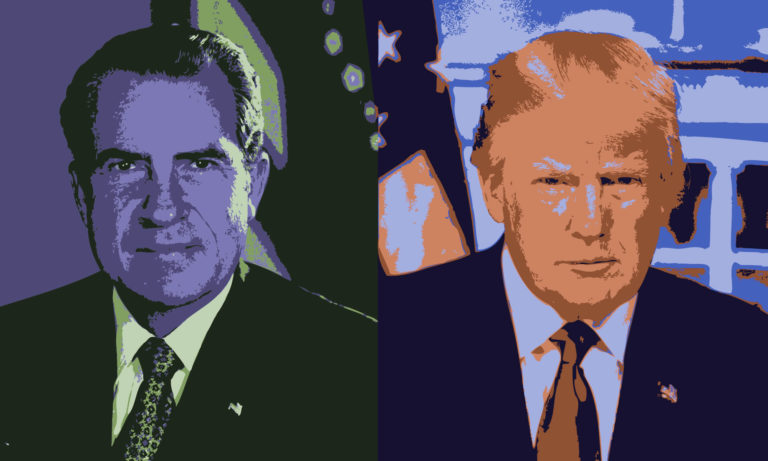Solidarity – The Ingredients of a Just Person
To Parkrose Permaculture: Thank you for this incredibly thoughtful segment. You’ve articulated a frustration I’ve felt deeply but struggled to name—that “denominationalism” on the left that prioritizes purity over power. Your breakdown of Timothy Snyder’s thoughts on solidarity was a breath of fresh air.
You asked two vital questions: “Do we have the ingredient of a just person?” (solidarity) and “What would it look like for us to really dig deep and embrace solidarity as a movement?”
Your reflection made me think of Terry Pratchett’s witches from his Tiffany Aching series of fictional book series. (They’re worth a read, if you haven’t read them yet.)
These women are the embodiment of, as you say, practical, prefigurative solidarity. They don’t just believe in community; they weave it. They deliver babies, settle disputes, and care for the old and hungry. The “currency” of their economy isn’t money or favor; it’s the strengthened bond of the community itself. They “store” the work in the people, creating a network of mutual aid and obligation that makes the entire village more resilient. They do this work whether people understand it or not, because it needs doing.
This is not a fictional ideal. I was powerfully reminded of the day my brother’s house burned down due to faulty wiring. The shock and loss were devastating. But within half an hour, a network of women from three different local churches had organized. They appeared not with pity, but with a concrete plan: food, clothing, toiletries, and a place to stay. It was solidarity made manifest—swift, practical, and no-strings-attached. They were the modern-day, real-world versions of Pratchett’s fictional “witches”. They saw a crack in their community’s well-being and immediately moved to fill it.
This is the solidarity Timothy Snyder is calling for. It’s not a vague feeling of goodwill. It is, as he says, “the self-conscious labor of making freedom possible to others.” The women who helped my brother were engaged in that labor. They were building a “land of the free” from the ground up, one where a crisis doesn’t spell ruin because the community won’t allow it.
So, to your second question: What would it look like for us to embrace this solidarity as a movement?
It would look a lot less like a debating society and a lot more like those witches or those church women.
- It would be relentlessly practical. We would be known for what we do, not just what we are against. We would be the people who show up with food, who know how to connect someone to a legal aid network, who can organize a childcare co-op for protesters. We would build the infrastructure of care Snyder mentions is necessary for true freedom.
- It would be inclusive, not exclusive. The women who helped my brother didn’t ask if his family shared their specific theology. They saw neighbors in need. A movement built on solidarity understands that the fight against fascism is a “big tent” project. It welcomes the neoliberal, the latte-drinker, and the permit-holder, because the goal is a free society, not a politically pure club. As Snyder says, “We are not the same, but in the most essential sense, we are equal.”
- It would value the “quiet work of many others.” Snyder’s point that “people who take courageous stands have friends in the background” is crucial. For every person on the front lines, there are dozens doing the unglamorous work of administration, childcare, cooking, and emotional support. Embracing solidarity means honoring that entire ecosystem, recognizing that the “courageous witness” is only possible because of a network of support.
In conclusion, the “ingredient of a just person” is indeed solidarity. And to embrace it as a movement, we must consciously choose to be weavers of community, not gatekeepers of ideology. We must become the modern witches—the people who see the problem and organize the solution, who build networks of mutual aid, and who understand that our freedom is inextricably linked to the freedom of everyone else around us. Thank you for prompting this essential conversation.







